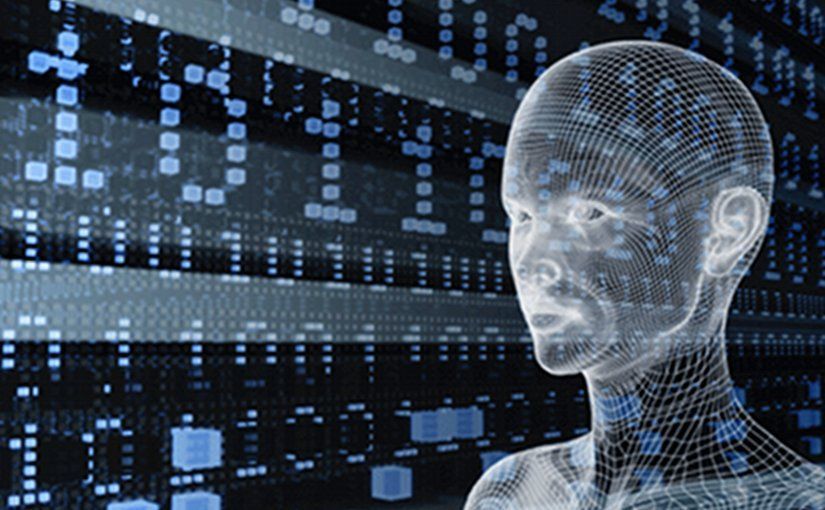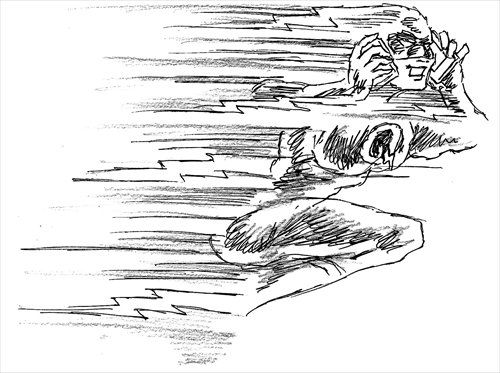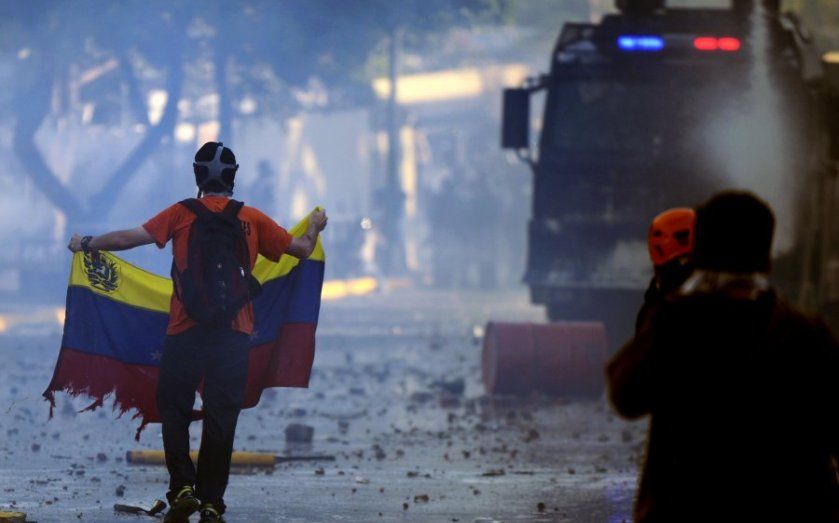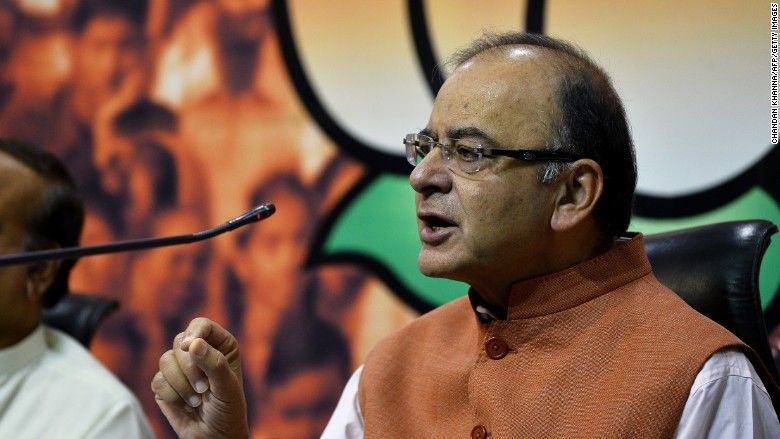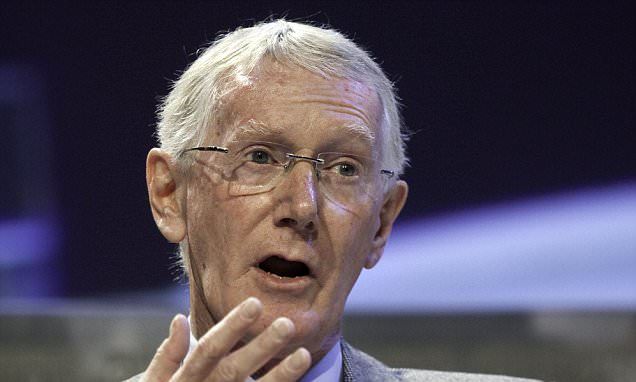Interesting article and does bring into question; what is “Cyberterrorism?” In the definition that I understand “Cyberterrorism” is when a person/s or a group inflict threats or conducts activities to create fear and/ or panic across the population. Therefore, with this definition cyberterrorism donesn’t necessarily be tied to a specific race, religion, political alliances, a gender, etc. It truly is any action or activity that creates fear and panic.
Unfortunately, this article really center on Cyberterrorism tied to certain group namely ISIS. And, only focusing on groups like ISIS is a big mistake; especially when you have hackers attacking hospitals, governments, banks, consumers, etc. and in some cases extorting money from their victims which ultimately has created fear and concerns across the population. Even the US Navy is considering to disconnect some of their own systems from the net. And, 2015 was the worst year ever for cyber attacks.
And, today, China (a country that has been listed as the country where most of the US Cyber attacks are coming from) has announced that they are on verge of providing their country Quantum technology which would mean China (including the hackers) would have an upper hand on protecting their systems and can easily hacked other countries systems including those with sophisticated encryptions.
Personally, if this author wants to play down the cyberterrorism “hysteria” as hype he certainly has that right; however, I highly suggest he rethinks his position especially since in reality cyberterrorism goes beyond ISIS and really does include many hackers that the US and others have been fighting for a while now.
Summary: Cybersecurity expert Emilio Lasiello contrasts the warnings that flood the news about cyberthreats with their mundane reality. Everything’s “Big” When It Comes To Cyberterrorism. It Shouldn’t Be.
By Emilio Iasiello from DarkMatters, 2 December 2015.
Read more

